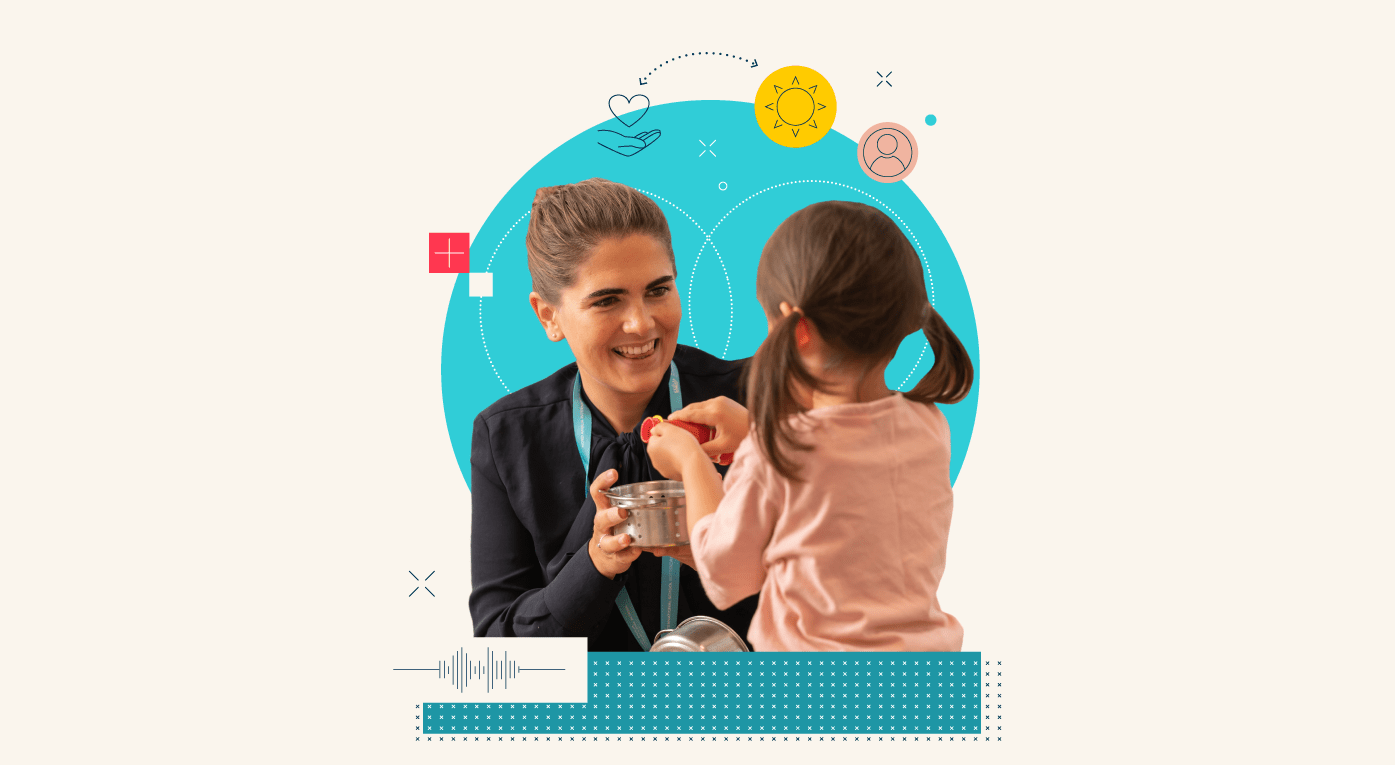We use cookies to improve your online experiences. To learn more and choose your cookies options, please refer to our cookie policy.
START YOUR ADMISSIONS JOURNEY TODAY
We accept applications to join our leading international preschool in The Netherlands all year round. Get in touch with us today to start your admissions journey – and book a tour of our campus.
ENQUIRE NOW

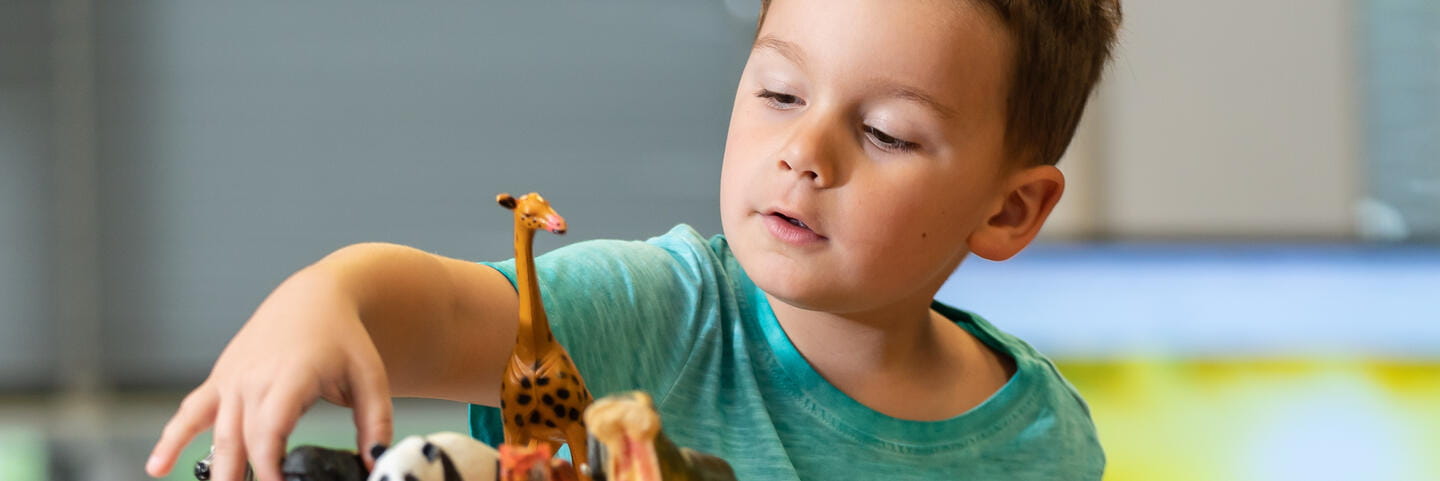
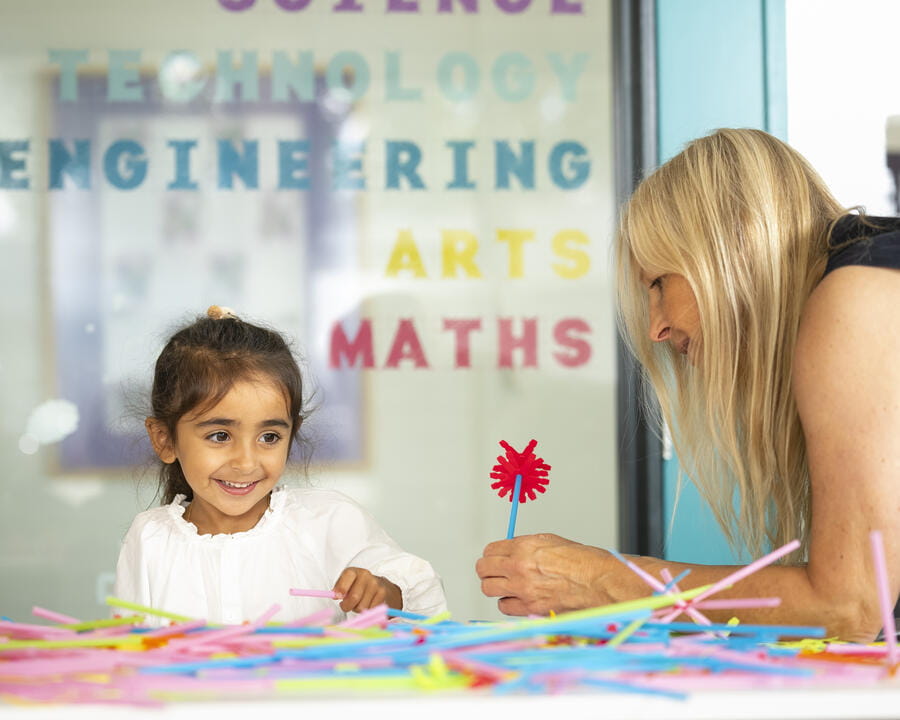
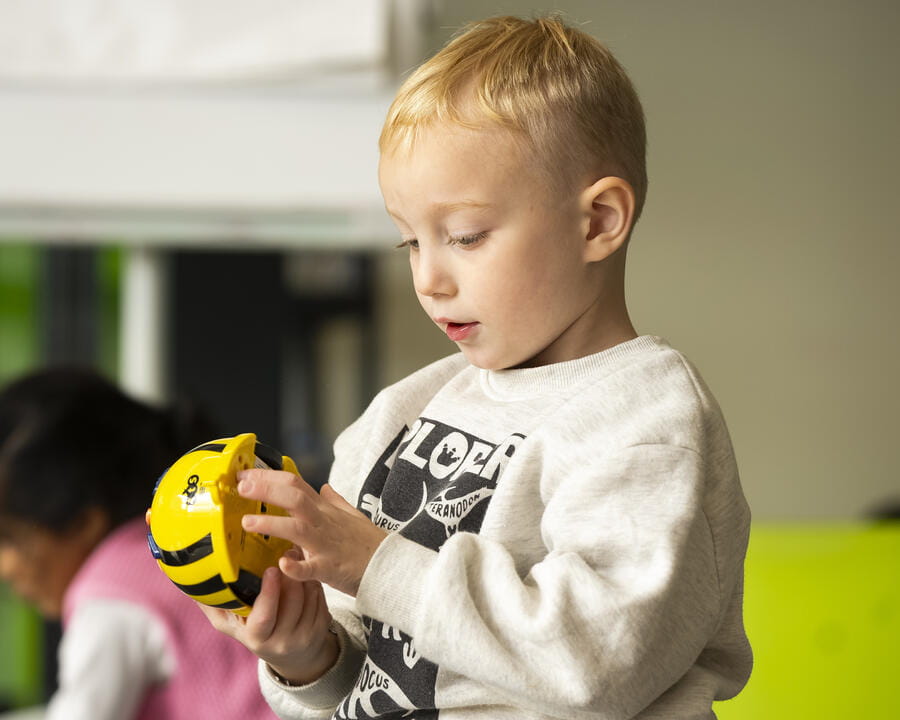

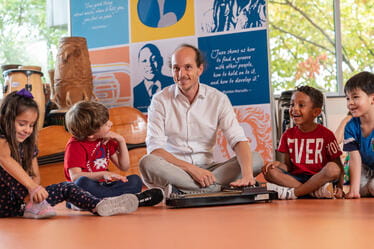
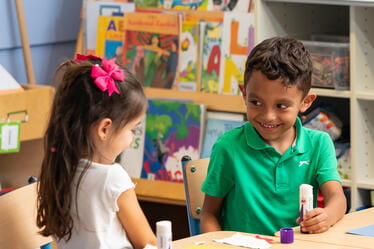
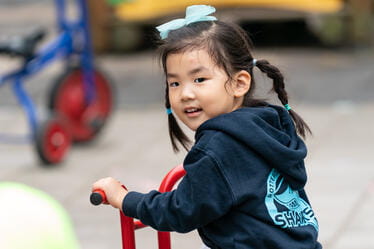
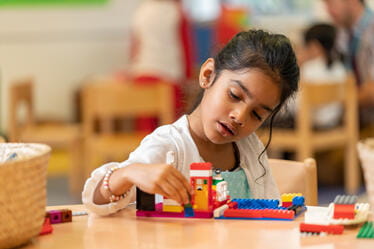
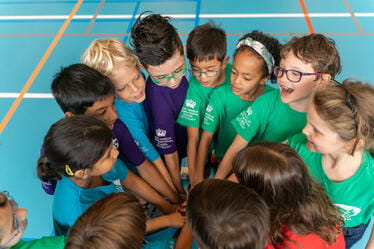
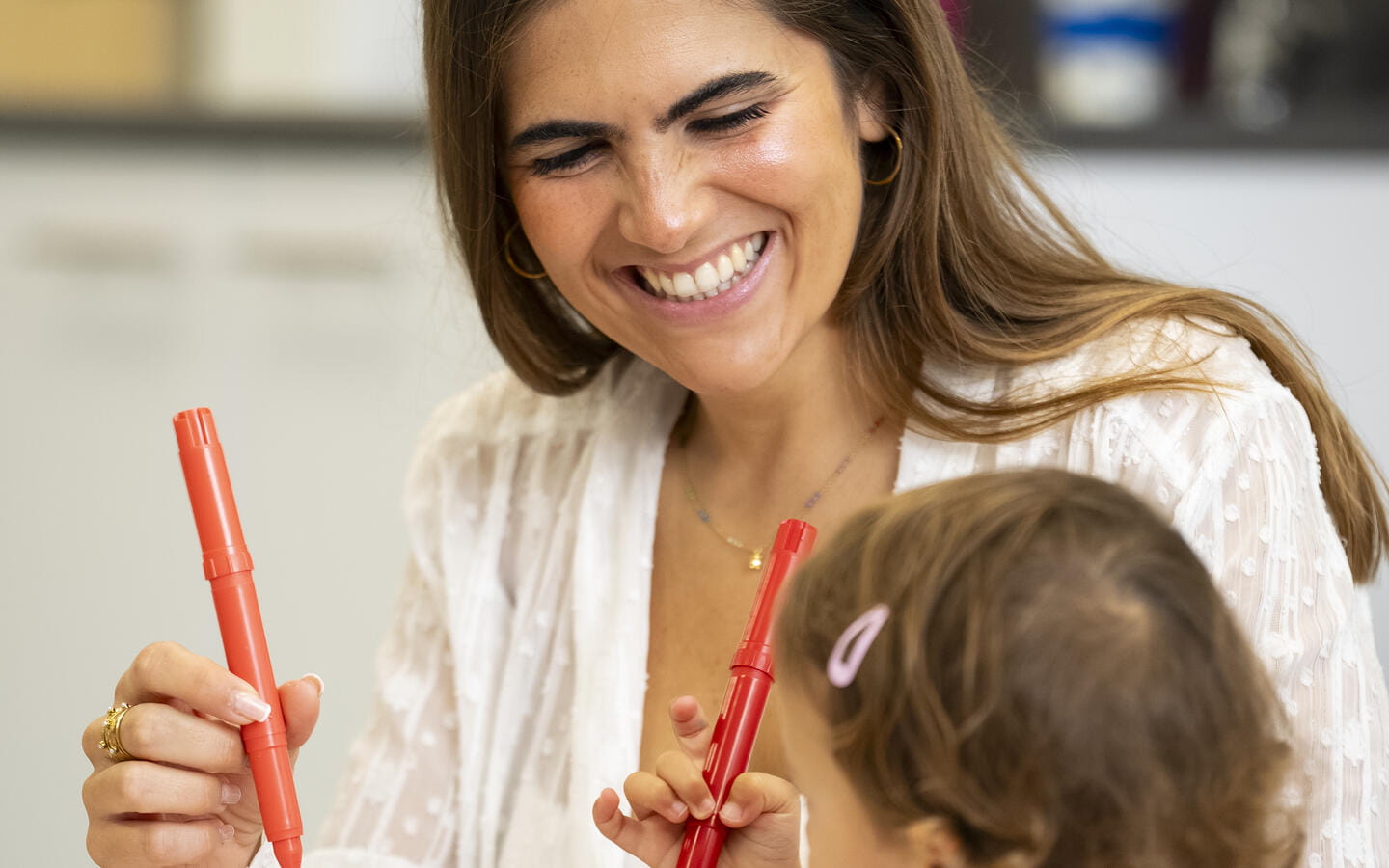

.jpg?h=1080&iar=0&w=1920&rev=4d320d9a3b3b4889844d9d90aff00211&hash=0539E48162F1929D50A0C6C30689DA19)
